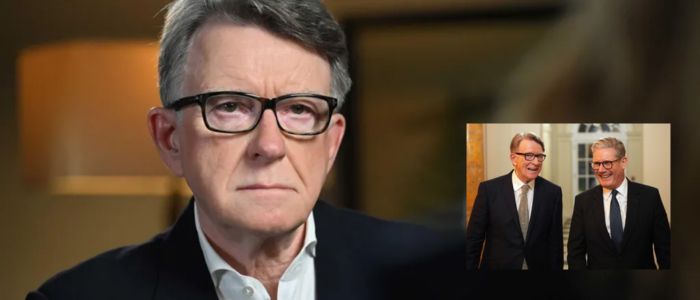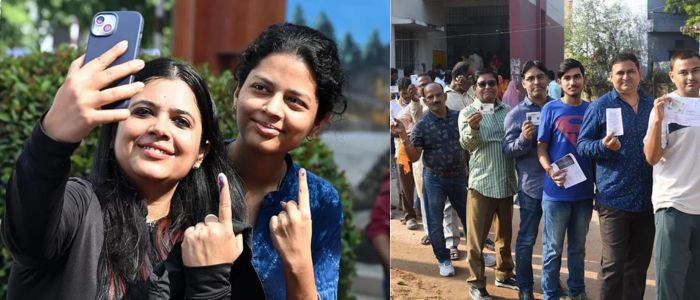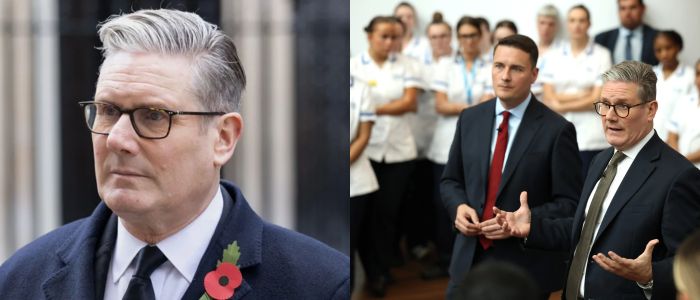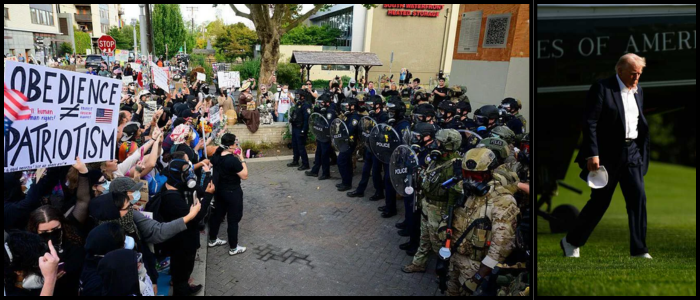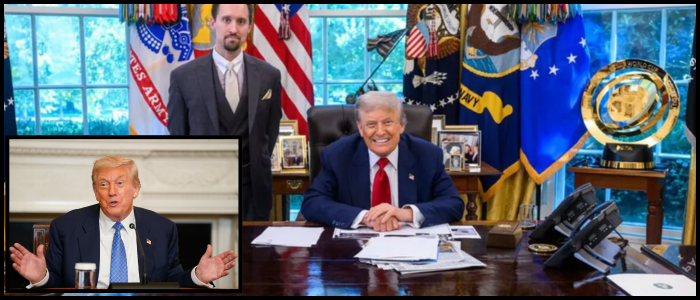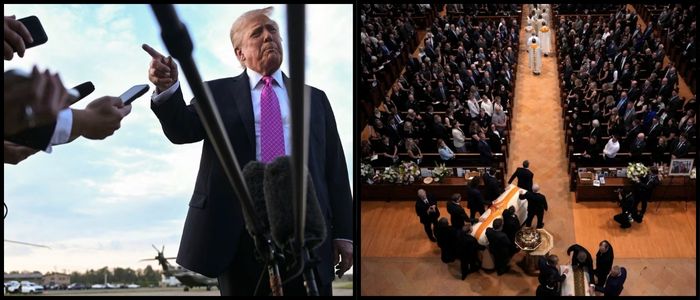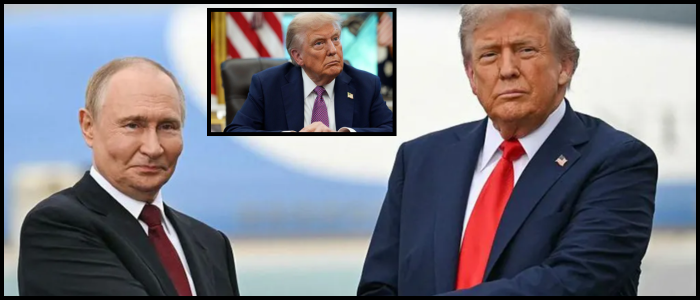He threatened to take control of the D.C. Police Department under his administration and, if necessary, to dispatch federal forces to police the city's streets.
Federal officials then said they were heartened by the law enforcement reinforcements in DC since Thursday night.
That bolstered force includes the FBI, US Marshals, and Capitol/DC Police plus DEA & other agencies. Still, it is unclear if the National Guard will again be part of the latest deployment.
Can Trump Overturn DC Home Rule?
He also suggested he might revoke Home Rule, a law passed by Congress in 1973 that allows DC to run its own local affairs through an elected mayor and city council.
Repealing this law, however, needs an act of Congress. The DC Home Rule Act grants the city local authority that is subject to federal oversight, so experts say a full takeover of local power would require Congress to repeal the Home Rule Act by legislation.
To be clear, while there is more leeway for the president (who technically manages a federal district) here than in other states, taking all local control away takes a lot of legal and legislative maneuvering.
National Guard and The Backstory
The DC National Guard functions a little differently because it answers directly to the president as opposed to a governor, like in most states. President Trump suggested he could pull them out soon.
The unified command makes it easier for the feds to use the Guard in a law enforcement capacity with or without permission from local authorities.
But legal experts stress that in the absence of a full play of the Insurrection Act, the National Guard is literally not the police.
Even when they respond to a crime, they must respect constitutional limits, ensuring that individual rights are not violated through unwarranted searches and arrests.
The same thing happened during protests over George Floyd's death in 2020. During those dark days, the capital was patrolled by federal officers from half a dozen departments — the National Guard, Federal Bureau of Investigation (FBI), Drug Enforcement Administration (DEA), and Secret Service were all in full tactical gear on the streets of DC.
The answer was condemned by local leaders, and concerns in the community were widely felt.
Despite Trump's claims that "Crime is rising quickly," supposedly and without any basis, "horribly," data released from the DC Police this year shows less crime in 2025 than at the same time last year.
Experts said this undermines the case for an emergency federal response. Civil liberties analysts maintain that the National Guard has had nothing to do with this type of environment, especially without a request from local officials for federal aid.
Using outside military groups to police DC defies the traditional American preference for local and civilian control of law enforcement — officers living in their communities, wearing civilian clothes under orders to use minimal force rather than "shoot first and ask questions later."
Politics
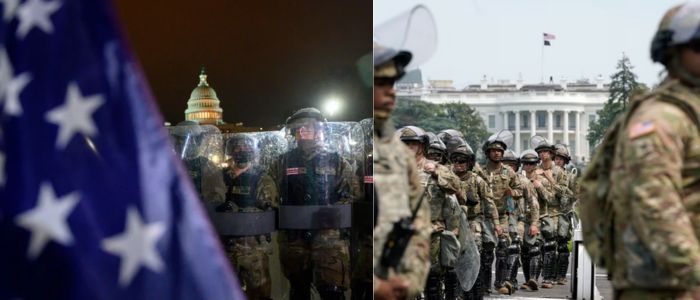
Trump Hints at National Guard Use in DC

After a carjacking involving a former federal employee, former President Donald Trump has recommended taking control of Washington, DC's police force and activating the National Guard.








